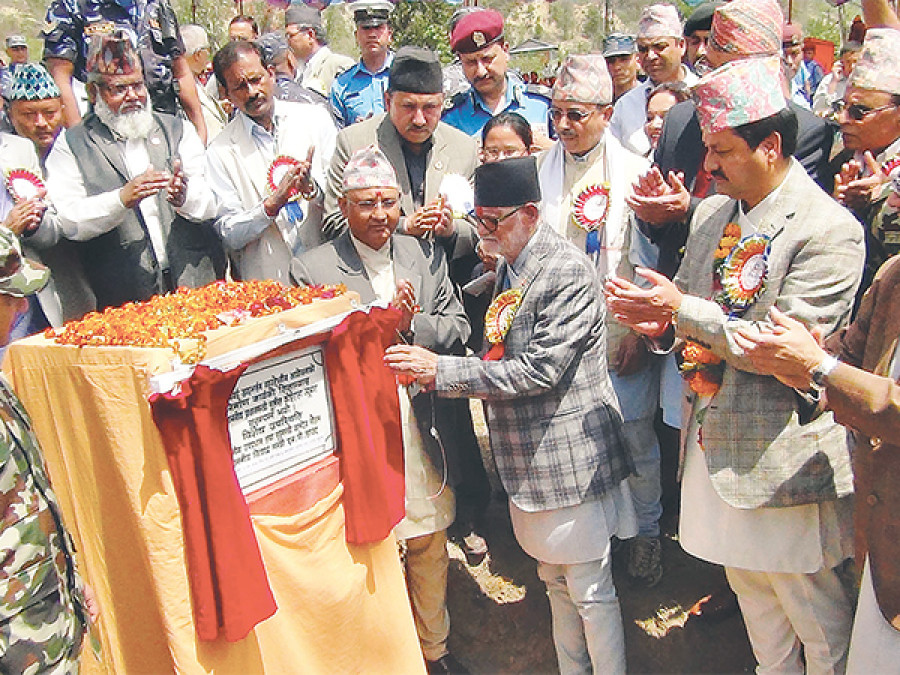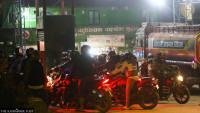Money
PM inaugurates power house
Prime Minister Sushil Koirala on Thursday inaugurated the power house of the Bheri Babai Diversion Multipurpose Project in the Mid-Western Region.
Moti Lal Poudel
The multipurpose project diverts 40 cubic metres per second water from Bheri River to Babai River to irrigate 60,000 hectares of land round the year in Banke and Bardia districts, and generate 48MW energy. The total cost of the project is around Rs 16 billion.
The project is being developed with the government’s own resources. It is projected to generate Rs 4.50 billion in revenues annually—Rs 2 billion from electricity and Rs 2.50 billion from agriculture.
On the occasion, PM Koirala said the country could see rapid development within 8-10 years if development projects are not obstructed.
Stating that development of a few mega hydropower projects would stop a substantial number of Nepalis from going for foreign employment, Koirala urged everyone not to obstruct projects putting forth unnecessary demands. “Now, hydropower development has picked up pace,” he said, adding investment in this sector is also increasing at a healthy rate. Irrigation Minister Narayan Prakash Saud said the government has accorded high priority to ensuring employment for locals affected by the project. “The project will ensure jobs for the people of the affected areas,” he said.
The government has allocated Rs 2 billion for this fiscal year for the project, which is scheduled to be completed in the next four years.
The government plans to implement the project in two stages—diversion and irrigation components. The diversion component consists of the headwork, headrace tunnel and powerhouse, while the irrigation component is being implemented through a separate project, namely the Babai Irrigation Project.
As the project will be using a tunnel boring machine, officials claimed the project would be completed on time. The tunnel boring machine will be a first for Nepal, the project said. It can dig 15-60 metres of tunnel daily. The project is one of the country’s ambitious projects. It is expected to ease food crisis in the Mid-Western Region by increasing production.
The government had invited bids for the project in July 2012, but lack of resources and delays in appointing a contractor prevented the project from moving ahead in time.




 12.17°C Kathmandu
12.17°C Kathmandu















